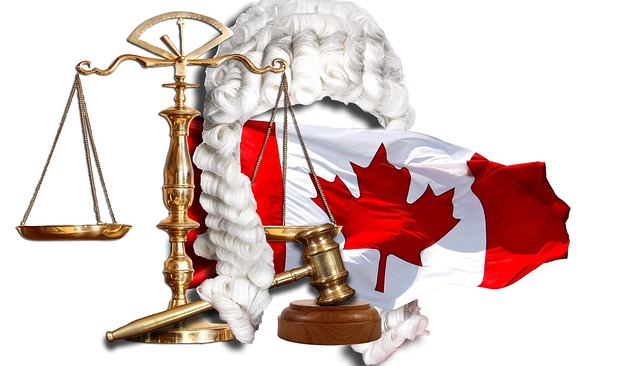Consumer protection laws are vital during pharmaceutical industry mergers to address frequent antitrust issues. These regulations aim to prevent reduced consumer choice and higher medication costs by scrutinizing deals for anti-competitive behaviors like price fixing or market monopolization. Key players must navigate complex legal frameworks, involving careful planning and compliance with white-collar crime rules, to ensure fair competition and preserve market integrity as overseen by bodies like the FTC and DOJ. Jury trials play a crucial role in protecting consumers' rights and ensuring market fairness.
Consumer protection suits play a crucial role in ensuring fair market practices, especially during mergers. This article delves into the intricate world of consumer rights, focusing on understanding consumer protection laws within the context of mergers. We explore antitrust challenges specifically targeting the pharmaceutical industry, where scrutinizing mergers is paramount. By navigating the legal complexities, businesses can foster a competitive yet ethical marketplace. Join us as we unravel these aspects, emphasizing the significance of adhering to regulations and the potential impacts of ignoring antitrust issues in pharmaceutical industry mergers.
- Understanding Consumer Protection Laws in Mergers
- Antitrust Challenges: Pharmaceutical Industry Scrutiny
- Navigating Legal Complexities for Fair Market Practices
Understanding Consumer Protection Laws in Mergers
Consumer protection laws play a pivotal role in mergers within the pharmaceutical industry, where antitrust issues often come to the forefront. These regulations are designed to safeguard consumers and ensure fair competition in the market, particularly in high-stakes cases involving white-collar and economic crimes. When two pharmaceutical companies merge, they must navigate complex legal frameworks that govern pricing, distribution, and potential monopolistic practices.
The respective business strategies and objectives of the merging entities can trigger antitrust scrutiny. Authorities closely examine these mergers to prevent any anti-competitive behavior that might lead to reduced consumer choices or higher prices for essential medications. As a result, pharmaceutical companies must meticulously plan and document their merger proposals, ensuring they comply with legal standards while navigating the intricate landscape of white-collar and economic crimes regulations in high-profile cases.
Antitrust Challenges: Pharmaceutical Industry Scrutiny
The pharmaceutical industry often finds itself under intense scrutiny when it comes to antitrust issues in pharmaceutical industry mergers. These high-stakes cases delve into potential anti-competitive practices, especially in instances where companies merge or acquire rivals, leading to reduced competition and higher prices for consumers. Regulatory bodies, like the Federal Trade Commission (FTC) and the Department of Justice (DOJ), play a pivotal role in navigating these complex white collar and economic crimes.
They examine whether such mergers result in market dominance or stifle innovation. In recent years, several notable cases have drawn attention to this sector’s challenges. The scrutiny often involves analyzing pricing strategies, research and development collaborations, and marketing practices to ensure they adhere to antitrust laws and regulations. These investigations are crucial for maintaining a competitive marketplace, protecting consumers from excessive pricing, and fostering innovation in the respective business landscape.
Navigating Legal Complexities for Fair Market Practices
Navigating the legal complexities surrounding fair market practices is a critical aspect of consumer protection, especially when examining antitrust issues in pharmaceutical industry mergers. As these deals can significantly impact drug prices and accessibility, regulators must ensure they adhere to competition laws. The complexity arises from the intricate web of regulations, such as those enforced by the Federal Trade Commission (FTC) and the Antitrust Division of the Department of Justice (DOJ), which aim to prevent anti-competitive practices and promote a robust marketplace.
Unprecedented track records in consumer protection suits have emerged from these efforts, with cases spanning across the country, challenging mergers that could lead to higher drug costs or limit treatment options for consumers. Jury trials have played a pivotal role in these matters, providing a platform for both sides to present their arguments and evidence. This process ensures transparency and holds powerful entities accountable while fostering market fairness and ensuring consumers’ rights are protected.
Consumer protection suits play a pivotal role in ensuring fair market practices, especially during pharmaceutical industry mergers where antitrust issues frequently arise. By understanding and adhering to consumer protection laws, companies can navigate legal complexities effectively. This not only promotes competition but also safeguards public health and ensures access to affordable medications for all. In light of these considerations, it’s crucial for both businesses and regulatory bodies to remain vigilant in their pursuit of fair and ethical market practices.






